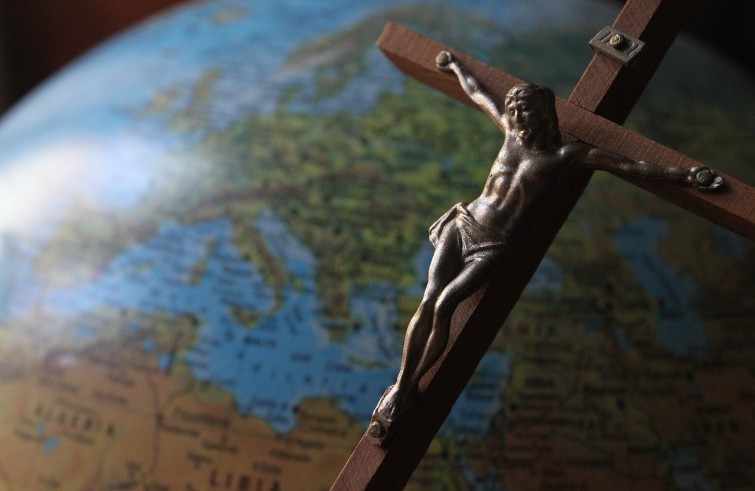
In England and Wales, Christianity has become a minority religion. These are the findings of the latest British census covering the ten-year period from 2011 to 2021. The percentage of respondents identifying as Christians fell below 50 per cent of the overall population for the first time, according to researchers at the Office for National Statics surveying British inhabitants.
Less than half the population of England and Wales – 46.2%, i.e. 27.5 million people, described themselves as Christians, down 13.1% compared to 2011 when 59.3% of respondents, 33.3 million people, said they followed the Gospel.
These figures are the facade of a more complex situation, according to Catholic sociologist Francis Davies, advisor to the British government, professor at the universities of Birmingham and Oxford and director of the Digby Stuart College in Roehampton. “It should be noted that Christianity is growing in certain parts of the UK, especially among black and Asian minorities”, the expert explained, “Moreover, many of those who describe themselves as Christians don’t go to church every weekend, but only on holidays, or on the occasion of a wedding or a funeral.
Nowadays, only 5% of all Britons attend church services on Sundays. Therefore, that 46% includes staunch Christians, but not only them.
Then again, even among the 37.2 % who claim to be non-believers, there are some who occasionally pray, and on a personal level.”
The census further shows that religiousness is growing among ethnic minorities, particularly among Asians and persons of colour. Being white could become synonymous with atheist or agnostic. What is your opinion?
These findings show that today the most important cities in the UK, such as London and Birmingham, are mostly inhabited by ethnic minorities of African and Asian descent and, in these communities, religious affiliation is on the rise. Not only Christianity but also Islam, Hinduism and Buddhism along with other religious traditions.
Hence, there are many regional differences as far as the UK’s religious landscape is concerned.
For example, in the 16-24 age group, among persons of colour, religious practice is two to three times higher compared to white youths.
London is marked by a paradoxical situation. We have a white community that becoming secularised and, at the same time, a black community that tends to go to church much more often.
In the British capital, Christianity is growing among Pentecostals and in churches with a strong African presence – such as the ‘New Testament Church of God’ and ‘The Redeemed Christian Church of God’. Filipino, Indian, and African faithful are the majority in many Catholic parishes. In these communities, 80% of all members are practising Christians. A much higher share than the national average of 46.2%.
The ‘National Secular Society’ and ‘Humanists Uk’ – organisations representing non-believers – have immediately taken advantage of these findings to say that the status of the Church of England, the primary state Church, recipient of government subsidies and represented by its bishops in the Westminster parliament, in the House of Lords, is no longer justified. What are your thoughts on the subject?
Various sociological studies have shown that in terms of population segments, Christians are the most engaged in charity activities, including food banks, the homeless, and they also pay the most taxes.
Not to mention primary and secondary schools. A third of these schools are run by Christian churches. Furthermore, our nation is bound together by the monarchy, which is based on religion, since the monarch is the supreme head of the Church of England. In my view
if the state Church were to be dismantled, by cutting the subsidies it currently receives or preventing Anglican bishops from sitting in the House of Lords, the country would ultimately be undermined, and individualism, poverty and social conflict would grow.
That is not all. The Church of England has guaranteed protection of religion – any religion, not just Christian religion – to the extent that the Islamic or Hindu communities have consistently declared themselves in favour of a state Church.









